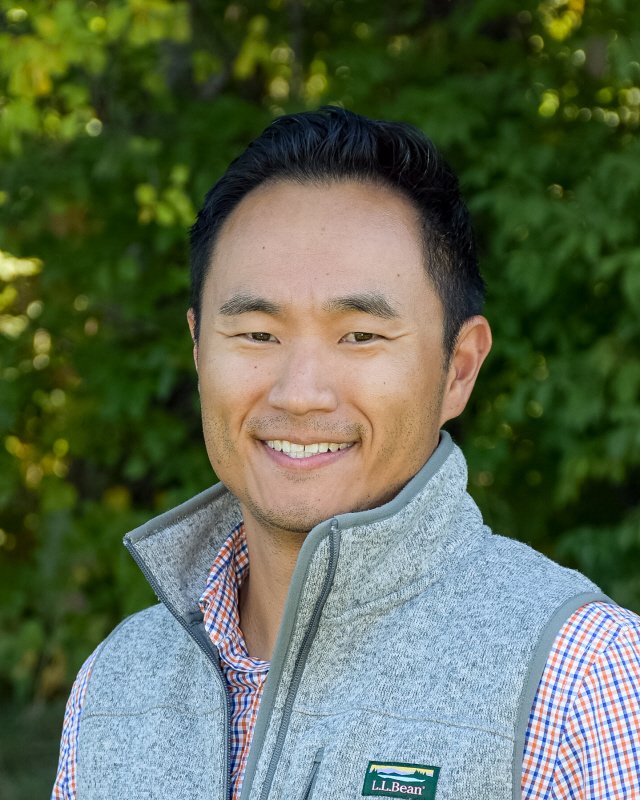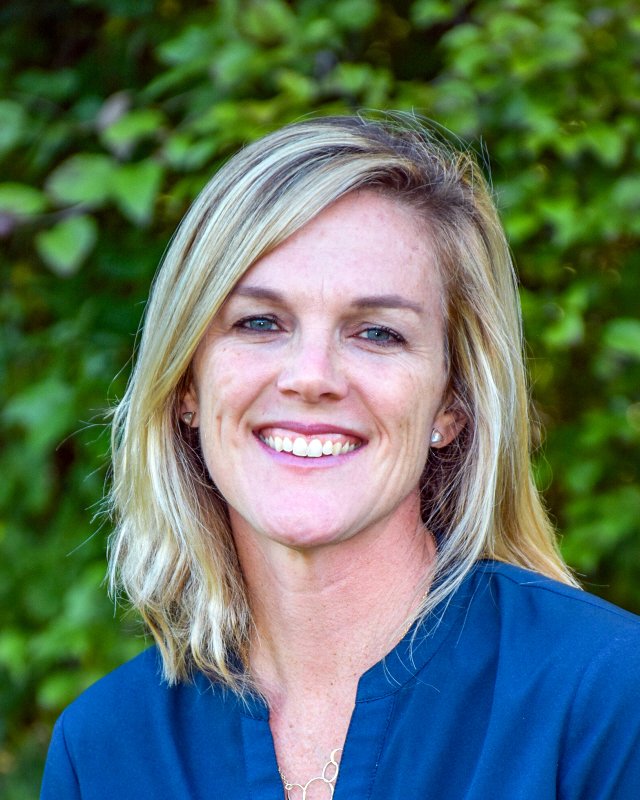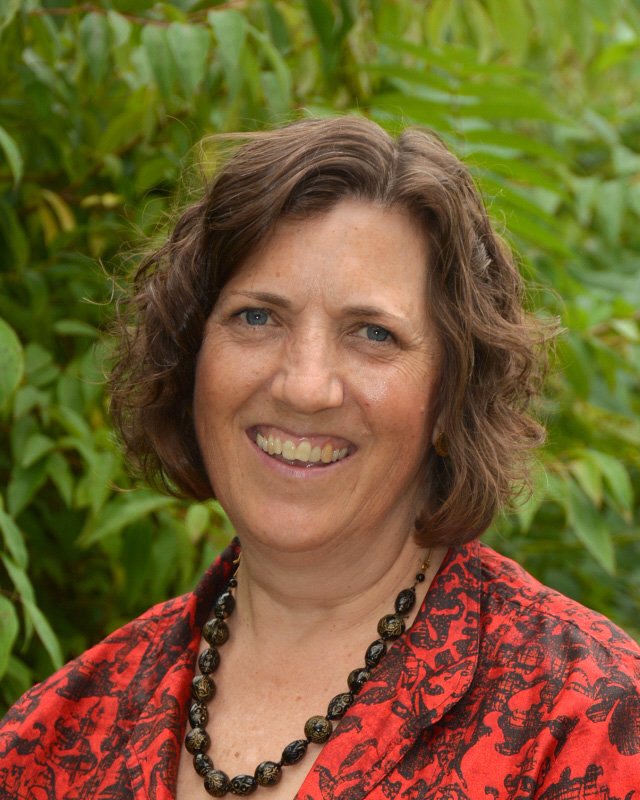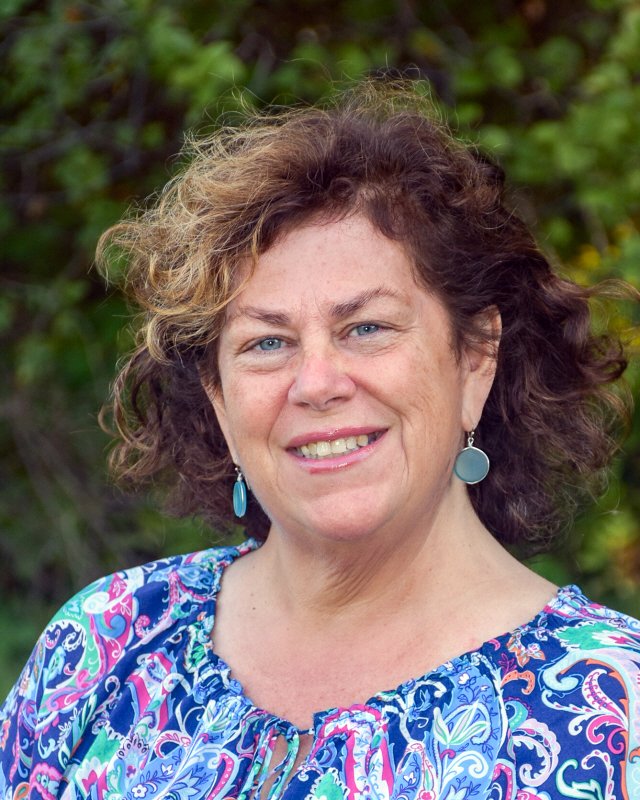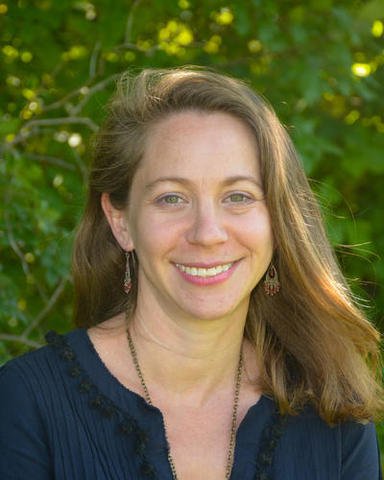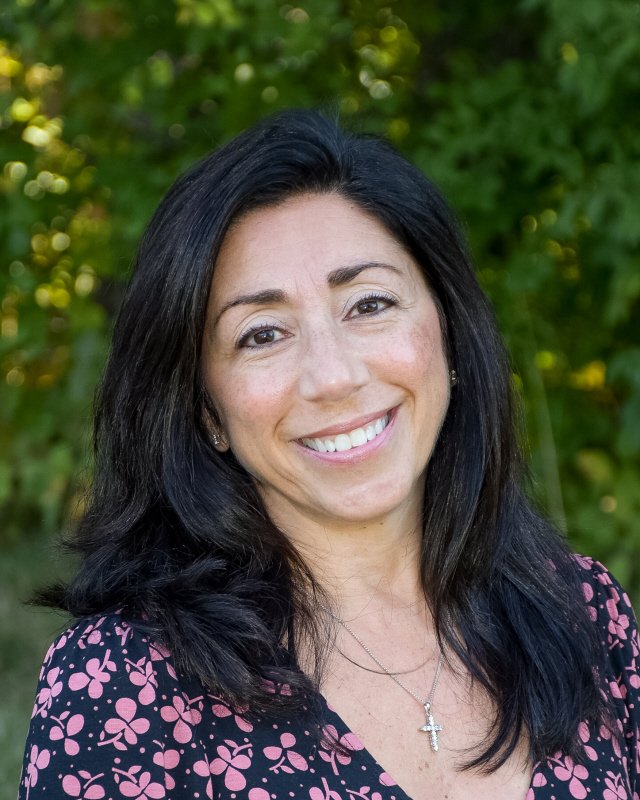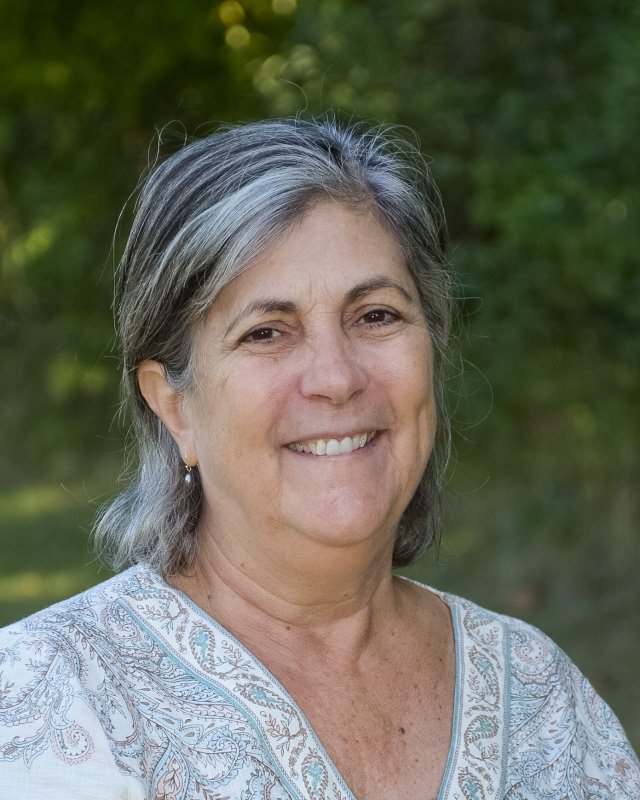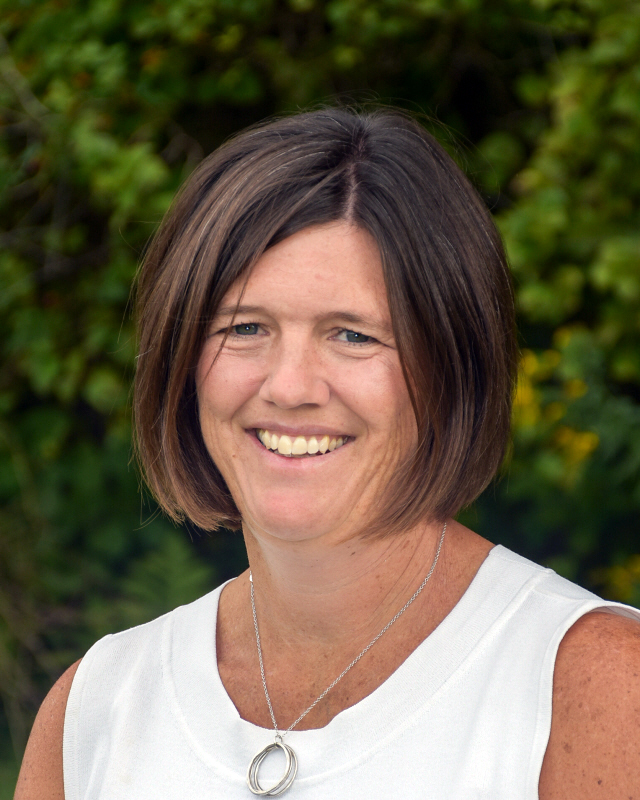Helping All Students Discover Their Best Selves
At GUS, our child-centric educational philosophy guides our student support efforts in and out of the classroom.
Our approach to student support allows us to set high achievement expectations for all students, while also celebrating their unique strengths and challenges. Our thematic, project-based curriculum lends itself to a flexible teaching model that benefits from full-group, small-group, and individual learning configurations. This fluidity is crucial to our experiential learning philosophy. Through collaboration, conversation, and hands-on experiences within a challenging curriculum, GUS students become active learners who understand the meaning and purpose of what they are doing. They also grow to understand their individual learning styles – their strengths, their weaknesses, what they are passionate about, and where they have the potential and opportunity to lead.
“Support services let each child feel understood and appreciated for their individual learning style. I think that providing support to students, especially the way that we are able to do it here at GUS, tells kids that “different” is not bad. Thus it is not just important because it helps them access more material, it is important because it allows them to access a stronger self-concept.” - Bre Brandt, School Counselor
Through ongoing observation and work with teachers and students, and continual communication with parents, our student support team works to ensure that each student’s individual learning styles and needs are identified and supported throughout the school year. Whether a child needs assistance accessing the GUS curriculum, or a chance to take it further, our support team is ready to help.
Student Support Team
What does student support look like at GUS?
Academic Support
Academic support, whether aimed at remediation or further challenge, focuses on the learning of subject-specific skills. For example, learning basic facts and computation strategies in math, or decoding skills in reading. Consulting with teachers and using assessment data, groups are formed and a schedule is determined for when push-in (an academic support teacher joins a student in the classroom) or pull-out (a student joins an academic support teacher outside of the classroom) will take place.
Small Group Instruction
Small group instruction can include anywhere from 2-5 students. In this setting, there are opportunities to provide direct instruction with modeling, in addition to immediate feedback for students. Ample, repeated practice at an appropriate pace is provided to help support application and retention, to help students build or further their skills.
Executive Functioning
Executive functions are the skills you develop to coordinate your abilities and behaviors–the skills that get things done. The skills most often focused on are organization, time management, planning, staying on task, or initiating work. While pushing into classes, brief one-on-one check-ins may include helping a student organize papers in folders or binders, locating items in the classroom, giving reminders on time limits, using a checklist, giving prompts to stay on task, or arranging their workspace.
Assessment
We assess students in a variety of ways. All students’ reading is monitored two to three times a year, kindergarten through fourth grade, and as needed in grades five through eight. Once a year, students in grades four through eight take the Comprehensive Testing Program (CTP) and the Writing Assessment Program (WrAP), both developed by Educational Records Bureau. DIBELS (Dynamic Indicators of Basic Early Literacy Skills) testing is used in grades kindergarten through two to determine a student’s progress in phonological awareness and phonics skills. and the Daze is given in grades three through five to assess reading comprehension and fluency. In math, a school-wide, year-end assessment developed by the GUS math department is given to all students.
Social Emotional Support
Social-emotional learning is one of the foundations on which all curriculum at GUS is built. Grades K-5 use the Open Circle curriculum, in which they convene for discussions centered on the self and personal identity, as well as relationships with others. Life Skills classes in grades six through eight explore topics about the emotional implications of puberty, how to take care of oneself physically, drugs and alcohol, social media, and, finally, preparing to move on from GUS to high school. Advisory (US) and lunch bunches (LS) allow students to connect outside the classroom, both within and across grade levels, expanding support and a sense of connectedness within the broader GUS community. Our health office also helps ensure the wellness of all children, collaborating with our faculty and support team to be a resource for students and families.
Johns Hopkins Math Program
For students who excel in mathematics and have demonstrated an ability to succeed beyond our standard curriculum, we offer enrollment in Johns Hopkins Center for Talented Youth. Students are placed in this program based on their performance on a placement test administered by Johns Hopkins, students’ scores on standardized tests, and demonstrated ability to work independently as well as strong work habits in the GUS Mathematics Program.
Math Lab
Math Lab is offered to seventh and eighth grade students who benefit from additional practice and review of math concepts presented in pre-algebra and algebra. This class is in addition to regular math class and is taught in a small class setting (generally 4- 6 students), allowing students opportunities to hear explanations, ask questions, and practice skills with more individualized attention. In addition, students have opportunities to review previous material, preview new material before it is taught in class, and practice additional relevant math topics. This program is unique to GUS.
Tutoring + Outside Support
Our academic support team may also collaborate with outside specialists (such as tutors, public and private evaluators, occupational therapists, speech and language therapists, and physical therapists) to gain a more comprehensive understanding of a student’s learning needs. The support coordinator will assist parents in finding the right specialist for the student and also work with the teachers to communicate goals, needs, and other support-related information with the specialist. Outside support and tutoring is the only element of student support at GUS that is not included in tuition.

